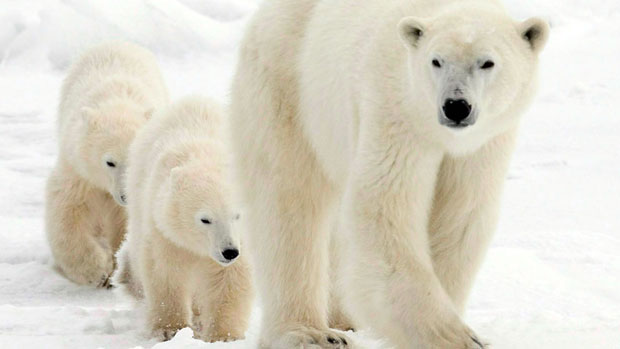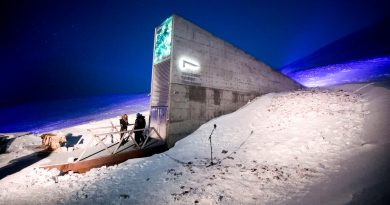Polar bear talks in eastern Canada delayed due to late survey numbers
 Aerial surveys not yet ready, says Nunavik Marine Board
Aerial surveys not yet ready, says Nunavik Marine Board
Discussions over the polar bear population in Canada’s Southern Hudson Bay have been postponed.
Representatives from the Canadian provinces of Quebec and Ontario and the eastern Arctic territory of Nunavut were supposed to get together in Inukjuak, Que., two weeks from now to discuss setting a total allowable harvest for the area.
But the meeting could now be months away.
“The Nunavik Marine Board have just identified to us that they will be postponing the meeting until a further date because the report from the aerial surveys from 2011 [from the Ontario coastline] and the one for 2012 that happened off Quebec are not ready yet,” said Drikus Gissing, the Director of Wildlife Management with the Nunavut Government.
Gissing said the final report on the surveys won’t be available until at least the end of March. That means the meeting likely won’t be held until late spring or summer.
He said a voluntary quota of 60 bears shared between the three regions will be maintained until a total allowable harvest is established.
The number of polar bears in the region has been hotly debated, especially after a large harvest near Inukjuak in 2011.
Sanikiluaq is the only Nunavut community which hunts Southern Hudson Bay polar bears. It has a quota of 25 bears for this year.
Early survey results suggest population is stable 
Preliminary results from polar bear surveys in Southern Hudson Bay suggest the population is stable.
The Government of Ontario conducted an aerial survey along its coastline more than a year ago, and last fall, the Nunavut government teamed up with Quebec to survey the islands off Nunavik’s coast.
Officials are now putting together that information to determine a sustainable hunt for the region.
“What is encouraging is that the preliminary results indicate that the population is about the same number as it was in 2006, so it seems to have been stable even with this increased harvest that we had two years ago from Quebec, which is really encouraging,” said Gissing.
For more northern stories from CBC News, click here



